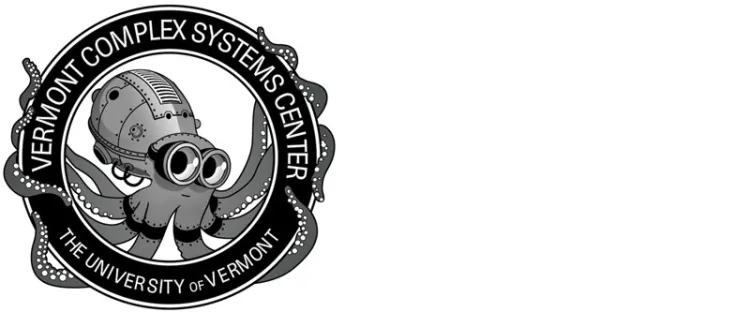Artificial intelligence (AI) is the ability of a computer program or machine to learn from and adopt to data. At the University of Vermont, we are developing AI for a large variety of applications, such as to enable computer-designed organisms, to create context-aware robots, to use deep learning to diagnose biological diseases, and much more. Explore this page to learn more about our world-renowned faculty and their AI research. Our faculty encompasses experts from a variety of backgrounds, including Computer Science, Electrical & Biomedical Engineering, and Civil & Environmental Engineering, as well as centers specifically dedicated to AI research.
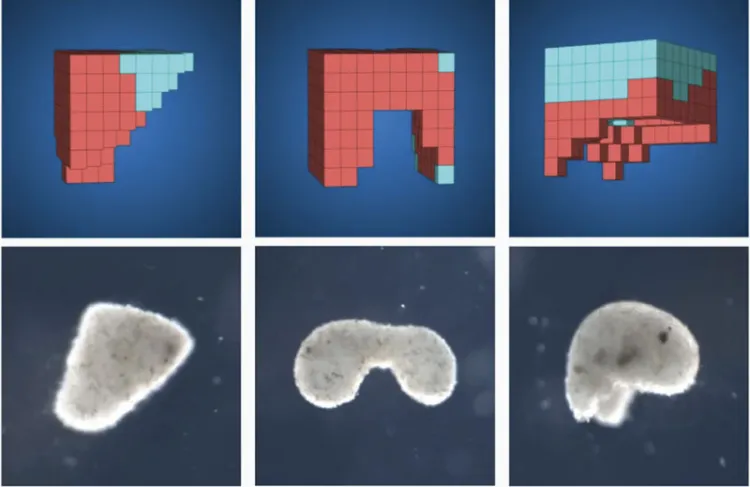
Core Faculty
Josh Bongard, Computer Science
Dr. Bongard is the Veinott Professor of Computer Science at the University of Vermont and director of the Morphology, Evolution & Cognition Laboratory. His work involves the automated design and manufacture of soft-, evolved-, and crowdsourced robots, as well as computer-designed organisms. He is the co-author of the book How The Body Shapes the Way We Think, the instructor of a Reddit-based evolutionary robotics MOOC, and director of the robotics outreach program Twitch Plays Robotics.
Research Spotlight: Xenobots
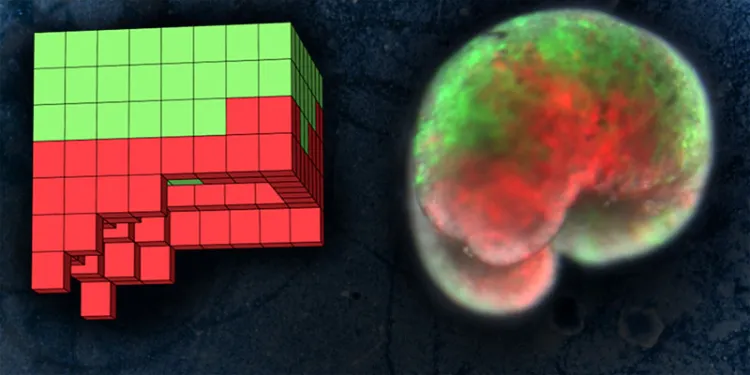
Here, a method that designs completely biological machines from the ground up is presented: computers automatically design new machines in simulation, and the best designs are then built by combining together different biological tissues. This suggests others may use this approach to design a variety of living machines to safely deliver drugs inside the human body, help with environmental remediation, or further broaden our understanding of the diverse forms and functions life may adopt.
Nick Cheney, Computer Science
Dr. Cheney is an Assistant Professor of Computer Science and a core faculty in Complex Systems and Data Science. His research is in bio-inspired artificial intelligence. His research lab, the UVM Neurobotics Lab, draws inspiration from natural systems, and especially biological learning processes to design machine learning algorithms that create more flexible, scalable, and context-aware robots and decision-making systems.
Research Spotlight: Learning to Continually Learn
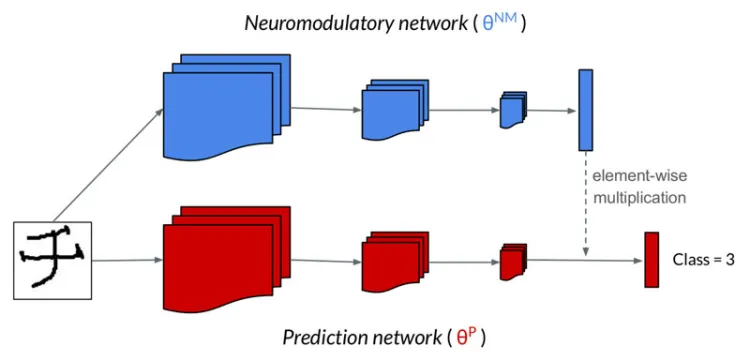
Inspired by neuromodulatory processes in the brain, we propose A Neuromodulated Meta-Learning Algorithm (ANML). It differentiates through a sequential learning process to meta-learn an activation-gating function that enables context-dependent selective activation within a deep neural network.
Byung Lee, Computer Science
Dr. Lee is a Professor of Computer Science at the University of Vermont. His expertise lies in developing and comparing computational methods for modeling, understanding, and processing large data efficiently, intelligently, and adaptively.
Safwan Wshah, Computer Science
Dr. Wshah is currently investigating machine learning algorithms to be applied in Energy, Transportation and Healthcare fields. He joined UVM CEMS from PARC (Palo Alto Research Center), where he worked as a research scientist in the fields of machine learning/deep learning, computer vision, and image/video processing.
Research Spotlight: Deep Learning for Endoleak Recognition
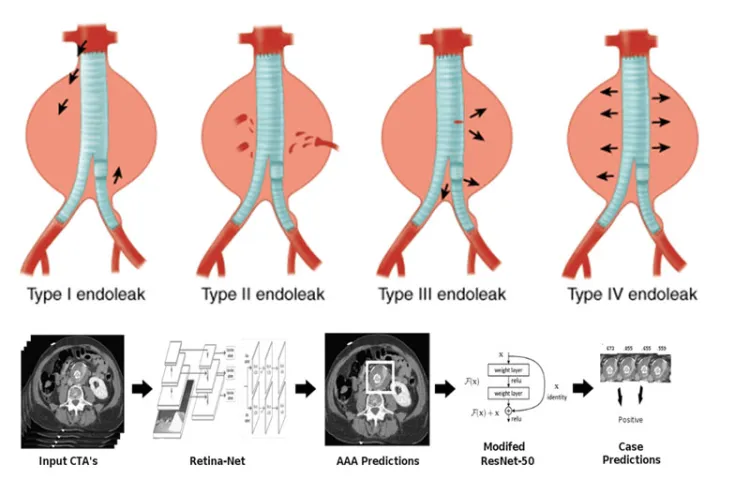
This project was primarily concerned with the automated binary classification of Endoleaks, defined as perigraft flow into the residual aneurysm sac, within computerized tomography angiography (CTA) volumes of patients post-EVAR. We proposed a set of cascaded deep convolutional neural network architectures to localize an aneurysm region and subsequently predict the presence of an Endoleak within this region.
Affiliated Research
Ryan Mcginnis, Electrical & Biomedical Engineering
Dr. McGinnis' research interests focus on the development of digital biomarkers and therapeutics. His work relies on technical expertise in biomedical signal processing, machine learning, biomechanics, and computational dynamics developed during past positions in both academia and industry. He is passionate about developing new technology-based solutions to pressing problems facing society.
Donna Rizzo, Civil & Environmental Engineering
Dr. Rizzo's research focuses on the development of new computational tools to improve the understanding of human-induced changes in natural systems and the way we make decisions about natural resources. Since joining UVM in the fall of 2002, she has worked on several computational approaches to multi-scale environmental problems
